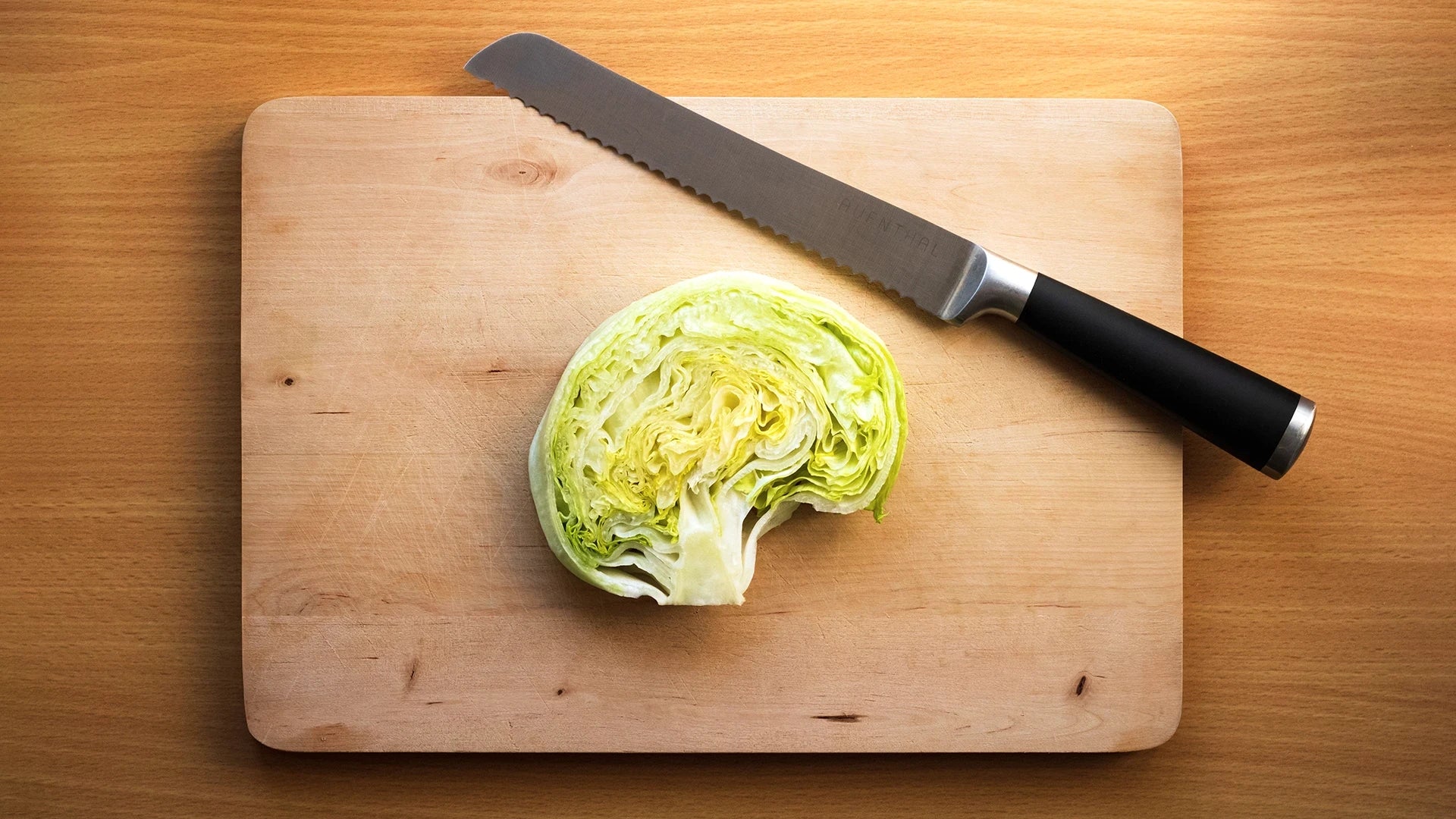We all want to live happy lives, and in the pursuit of happiness, many people believe that if they find the right job, meet the right person or earn a bigger salary they'll be happier. But just imagine if the answer to feeling happy resided in your gut. Well, new discoveries about the relationship between our brain and our gut indicate that it may well be the case.
In this article, and to commemorate this year’s International Day of Happiness, we explore the fascinating link between gut health and our happiness.
You have two brains. No really.
You may have heard the gut referred to as our “second brain”. Like the brain in your head, the stomach is composed of its own network of neurons – approximately 100 million – found in the lining of the gut. This is known as the enteric nervous system (ENS).
An article from the UBC Graduate Program in Neuroscience shares, “Beyond the sheer volume of neurons, our second brain bears even more resemblance to the brain in our heads. The mass of neural tissue in our gut produces over 30 different neurotransmitters, which are signalling molecules typically associated with the brain.”
It was previously believed that communication went one-way, from the brain to the gut. However, we know today that it is a two-way signalling system that connects the gastrointestinal tract (GI tract) and the central nervous system (CNS). In fact, your brain and your gut communicate with each other constantly through neurotransmitters and hormones. Scientists call this physical and biochemical connection between the gut and the brain the “gut-brain axis.”
More than a gut feeling
Your body is home to many trillion microorganisms. Approximately 90-95% of these microorganisms can be found in your gut. Your gut flora, or microbiota, consists of trillions of bacteria belonging to thousands of different species. These bacteria influence and communicate with other organs in your body, including your brain via the vagus nerve.
As strange as it may be to think of our gut as our second brain, instinctively, we understand the connection between our brain, our gut and how we think and feel. For example, we often say that we have a "gut feeling" about something, that we "feel nauseous", or that we have "butterflies in our stomach". We say these things for good reason – your gut and your brain are connected via neurotransmitters.
For example, think about when you’re hungry – that’s your gut communicating with and sending a signal to your brain. As one Harvard Medical School article explains, “The very thought of eating can release the stomach's juices before food gets there. This connection goes both ways. A troubled intestine can send signals to the brain, just as a troubled brain can send signals to the gut.”
The link between your gut and your happiness
So, how is it possible that our gut could affect our happiness? As an article by the American Psychological Association shares, gut bacteria produce and respond to the same neurochemicals that the brain uses to regulate mood and cognition. Those neurochemicals include GABA, serotonin, norepinephrine, dopamine, acetylcholine and melatonin.
Serotonin and dopamine, known as "feel-good hormones", are important neurotransmitters that the body uses to regulate various processes and functions, including sleep, digestion, and metabolism. Having healthy levels of both serotonin and dopamine plays a significant role in your mood and helps you to feel happier and less stressed.
Gianfranco Grompone, Chief Scientific Officer at BioGaia explains, “It was recently discovered that our gut microbiota helps us to digest food and interacts with our immune system. We identified that some of these bacteria can produce neurotransmitters, they can produce molecules, which directly activate some of our behaviours or are directly connected to our mood, especially serotonin, dopamine, melatonin, and other types of molecules.”
Now, here’s where it gets really interesting; incredibly, 95% of the serotonin and approximately 50% of all dopamine in your body is produced by your gut. That's right – your gut, not your brain.
“What I think is particularly fascinating is the concept of mankind’s coevolution with these bacteria and why, in the curves of evolution, we let them – the bacteria - produce such an important molecule like serotonin. We still don't have all the answers, but it shows the intimacy that is established between these bacteria and our bodies,” says Grompone.
Although we are just at the beginning of understanding the relationship between the brain and the bacteria in our gut, the fact that these "feel-good hormones" are produced by the gut shows how our gut health and microbiome directly affect our happiness and overall well-being.
You can learn more about probiotics and bacteria strains in our Learning Lab.


